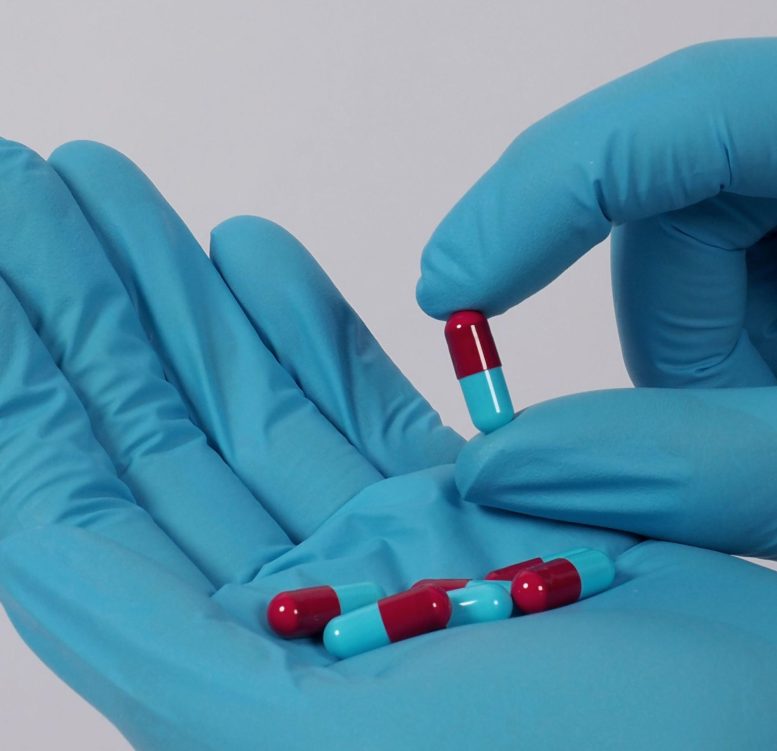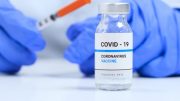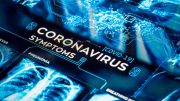
Paxlovid is an antiviral medication used to treat COVID-19 in adults and children who have a high risk of developing severe symptoms or being hospitalized. It is a combination of two drugs, nirmatrelvir and ritonavir, that work together to block the virus’s ability to replicate and spread. Paxlovid is administered orally as a pill.
According to a study conducted by Kaiser Permanente, COVID-19 patients who receive prompt treatment with Paxlovid have a significantly reduced risk of hospitalization and death.
According to a study conducted by Kaiser Permanente and recently published in the journal The Lancet Infectious Diseases, Paxlovid, the combination of nirmatrelvir and ritonavir, has been found to be effective as an early-stage treatment in preventing hospitalization for people with mild to moderate COVID-19, irrespective of their age or prior immunity status.
“Among Kaiser Permanente members in Southern California who tested positive for coronavirus infection, receiving Paxlovid within 5 days of the start of COVID-19 symptoms was associated with substantial reductions in the risk of hospital admission or death,” said Sara Tartof, Ph.D., the senior author of the study and an epidemiologist with the Kaiser Permanente Southern California Department of Research & Evaluation. “These findings are even more notable because in this population with high levels of vaccination, we still see additional benefits of this treatment.”
Paxlovid is an oral therapeutic drug aimed at reducing the risk for severe outcomes of coronavirus infection. It is manufactured by Pfizer Inc. It currently has emergency use authorization by the U.S. Food and Drug Administration for adults and children 12 and older who are at high risk for progression to severe COVID-19.
The study analyses included patients with positive results from coronavirus tests undertaken in outpatient settings between April 8 and October 7, 2022. In the study population, 7,274 people had received Paxlovid, and 126,152 had not received Paxlovid. It was a time dominated by the omicron subvariants BA.2, BA.4, and BA.5. Overall, 86% of the 133,426 participants had received 2 COVID-19 vaccine doses, and 61% had received 3 or more.
The study found:
- Effectiveness in preventing hospital admission or death within 30 days after a positive test was 80% for people who were dispensed Paxlovid within 5 days after symptom onset.
- Within the subgroup of patients who were dispensed Paxlovid on the day of their positive COVID-19 test, effectiveness was 90%.
- Effectiveness declined to 44% for patients who received Paxlovid 6 or more days after symptom onset or for cases not experiencing acute clinical symptoms.
- Overall, for patients who received Paxlovid at any time within their clinical course, effectiveness was 54%.
- Effectiveness in preventing intensive care unit admission, mechanical ventilation, or death within 60 days after a positive COVID-19 test was 89% for patients who were dispensed Paxlovid 0 to 5 days after symptom onset, and 84% for people who were dispensed Paxlovid treatment at any time.
“Our data showed that the sooner people take Paxlovid upon symptom onset, the more effective the medication can be,” Tartof said. “However, there is still some benefit to treatment 6 or more days after symptom onset. People should talk with their doctors about the best approach for them.”
Reference: “Effectiveness of nirmatrelvir–ritonavir in preventing hospital admissions and deaths in people with COVID-19: a cohort study in a large US health-care system” by Joseph A Lewnard, John M McLaughlin, Debbie Malden, Vennis Hong, Laura Puzniak, Bradley K Ackerson, Bruno J Lewin, Jeniffer S Kim, Sally F Shaw, Harpreet Takhar, Luis Jodar and Sara Y Tartof, 15 March 2023, The Lancet Infectious Diseases.
DOI: 10.1016/S1473-3099(23)00118-4









Studies also find that your risk of “dying suddenly” from heart or blot clot related issues are reduced by 100% when not getting the vaccine.